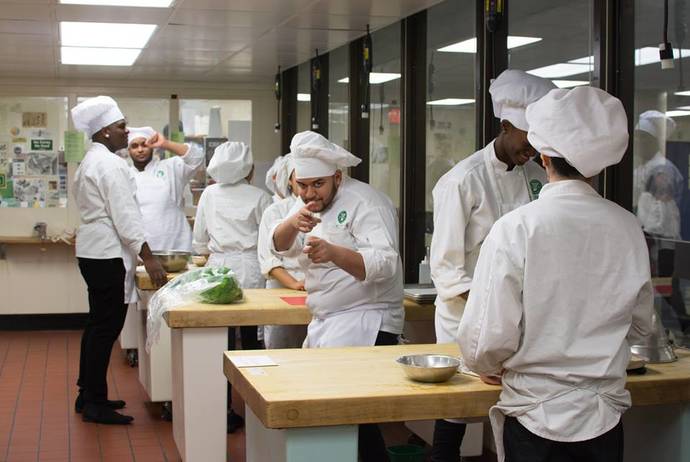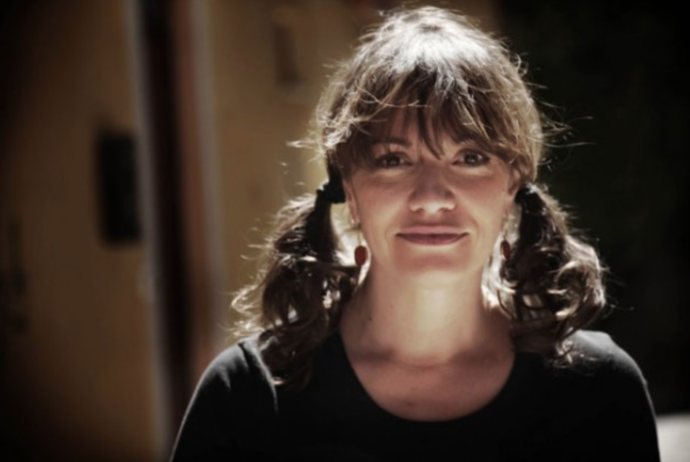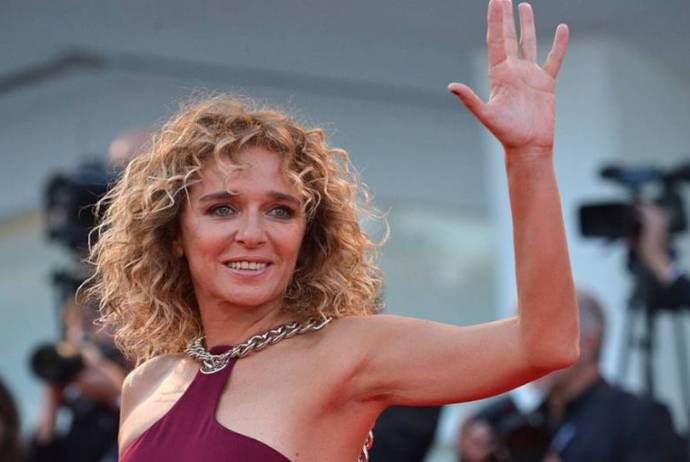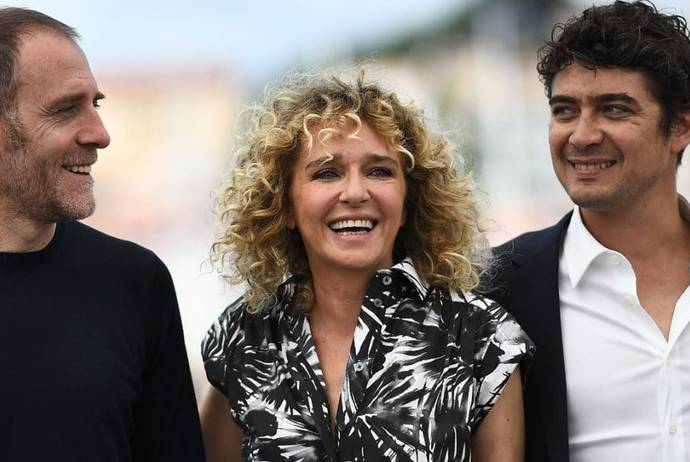“First of all, the Mediterranean diet is a lifestyle. It is not only a set of rules to follow at the table,” clarifies medical professor Maurizio Trevisan, founding dean of the CUNY School of Medicine and an expert on how lifestyle help cause or prevent cardiovascular disease. Indeed, this dietary attitude promotes healthy habits as well, such as eating socially. After all, in 2013 UNESCO included the Mediterranean diet in the list of the Intangible Cultural Heritage of Humanity with this motivation: It involves a set of skills, knowledge, rituals, symbols and traditions concerning crops, harvesting, fishing, animal husbandry, conservation, processing, cooking, and particularly the sharing and consumption of food. Eating together is the foundation of the cultural identity and continuity of communities throughout the Mediterranean basin (Read the full motivation here).
This lifestyle is easy to follow, once you know its principles. “We need to keep in mind that it was the diet of poor people, farmers and fishermen of the Mediterranean area, so Italy, but also Greece and parts of Spain and Morocco. It is still today a frugal dietary plan based mainly on vegetables, fruit, whole grains and legumes,” says Trevisan, “for instance, the Northern Italy cuisine cannot be considered part of the Mediterranean diet since it includes too many animal proteins and fats and little vegetables. Even pasta should be eaten in moderation, especially the refined type that we buy today.”
So, what should we eat? Here are Trevisan’s seven golden rules
1) First thing, condiments: use only vegetable fat, especially olive oil. Obviously in moderation.
2) Eat vegetables and legumes.
3) Pasta in moderation, better if you mix it with vegetables to reduce the amount of carbohydrates you eat.
4) Wine in moderation.
5) Fish and meat in moderation, not every day.
6) Eat only seasonal food.
7) Eat with people you like!
True and false assumptions about the Mediterranean diet
Yet, there are still too many false beliefs that are spread constantly about it. Therefore, we asked Trevisan what he thinks about some of the most common myths on the Mediterranean diet.
Eat 5 to 10 servings of fruits and vegetables a day.
Trevisan: “Ten serving a day may be too difficult to achieve. I would say 5-6 servings a day.”
Choose vegetable fats, like 4-6 spoons of olive oil per day.
Trevisan: “True but quantity depends on how much calories you consume. In America, food scientists agreed that we should reduce the intake of animal fats and increase carbohydrates. Instead, in the Mediterranean diet your meals can have even 20-30% of fat, but of course, you have to reduce calories from other sources. It is important to respect the right ratio between the calories introduced and those consumed.”
Eggs and fish are among the main components of the Mediterranean diet.
Trevisan: “Eggs should be used but with moderation and they were not a daily item in the traditional Mediterranean diet. But a high fish consumption is a great myth too, because it was not accessible in rural areas and it was expensive for people living on the cost. I talk about the 100-year-old diet.”
Eat 1-3 portions of dairy products a day.
Trevisan: “False, that’s too much. They don’t have to be eaten every day.”
Eat whole bread and pasta.
Trevisan: "Yes, but in moderation."
Use more spices.
Trevisan: "Yes for the taste, but it is not really a main element of the Mediterranean diet."
Eating local is part of the Mediterranean diet.
Trevisan: "True. Local vegetables and fruit have more vitamins."
Drink Wine.
Trevisan: "Only in moderation."
Exercise is part of the Mediterranean diet
Trevisan: "Yes, although 100 years ago it was called working hard!"
Problems of circulation: it is healthy and easy but no longer fashionable
According to Trevisan, a frugal diet like the Mediterranean contrasts with today's attitude of wealth and opulence, and that’s why it might be seen as less fashionable compared to other diets or it may be interpreted in a way that does not reflect the original diet. The message of frugality has been lost as the commercial interests are based on consumption and sales and these aspects of the market are in contrast with the simple and frugal nature of the original Mediterranean diet.
As a result, fewer people are following this diet although there is scientific evidence that it is one of the healthiest. And this is happening in Italy too: “Ironically, now in certain areas of Northern Italy people eat more Mediterranean than in Southern Italy, especially in the urban areas, where the diet has been badly influenced by foreign habits and junk food,” reveals Trevisan, “in general, Italians still eat well and have a high life expectancy, but other places are now getting much better. Colorado, for instance, has a heart disease mortality and serum cholesterol lower than certain part of Italy. In these state, people embraced a healthy lifestyle characterized by high physical activity and a healthier diet.




































